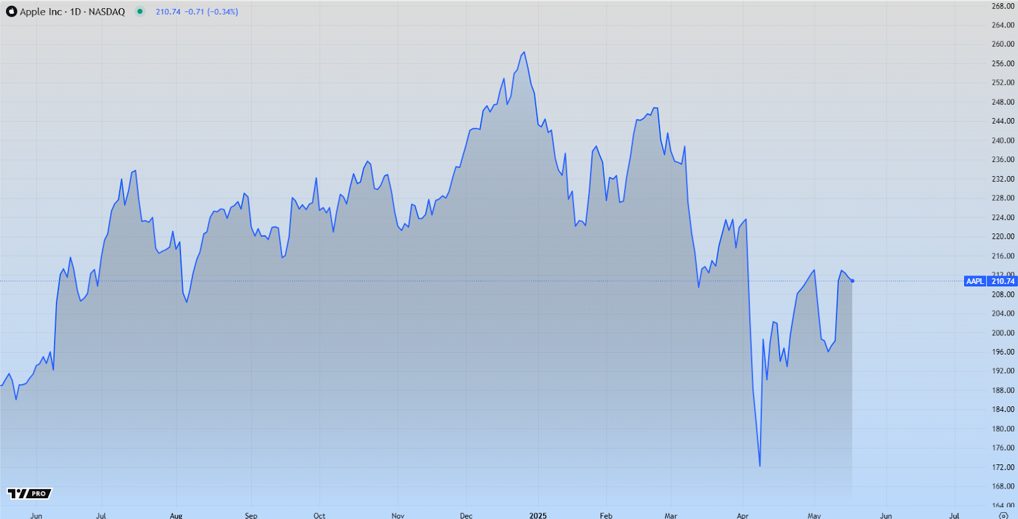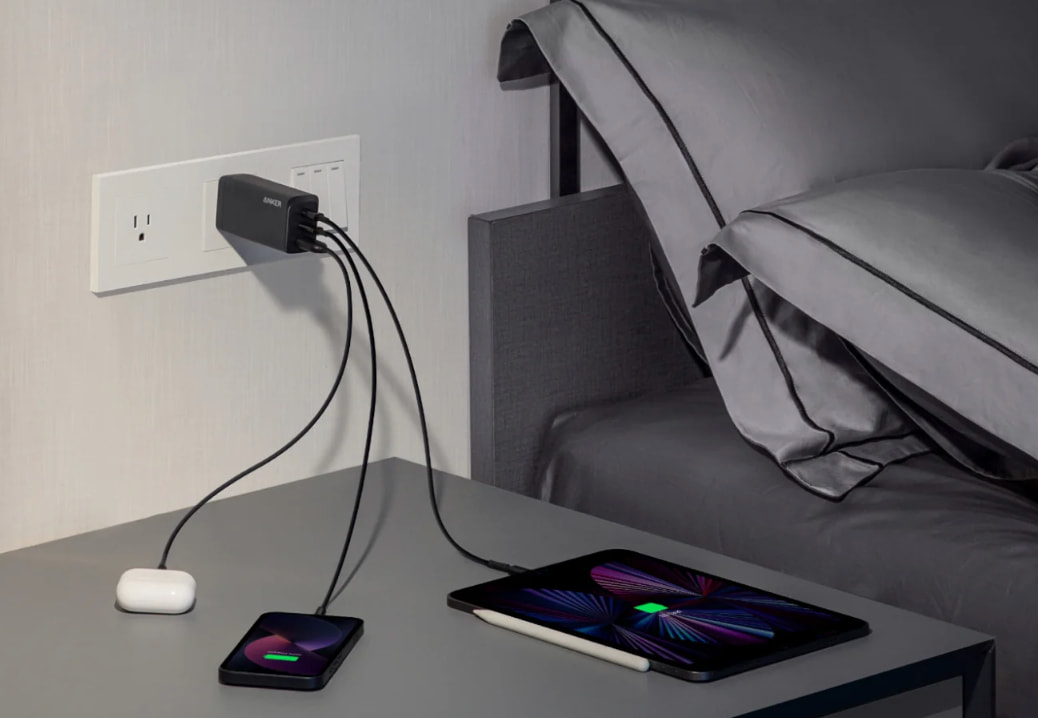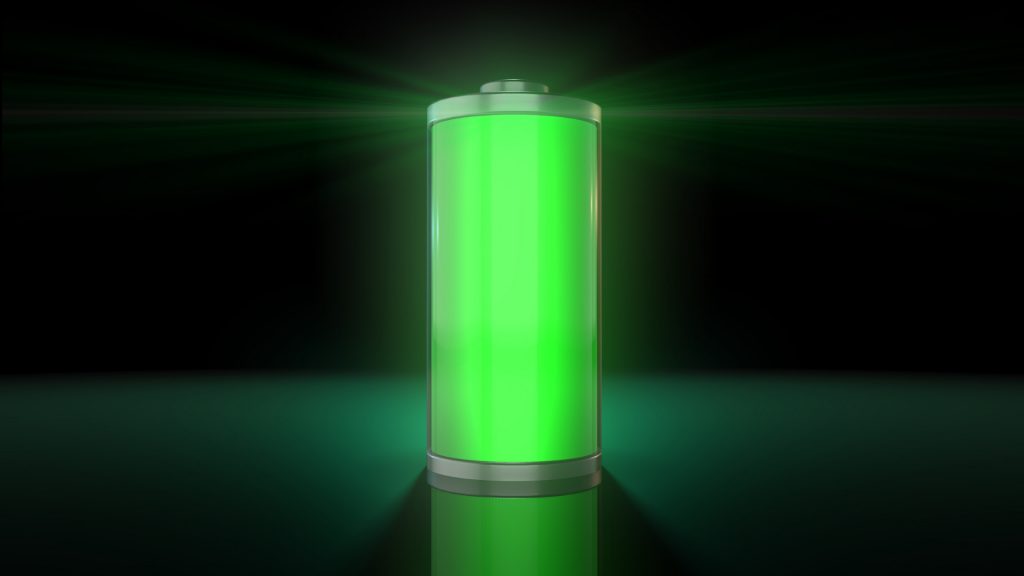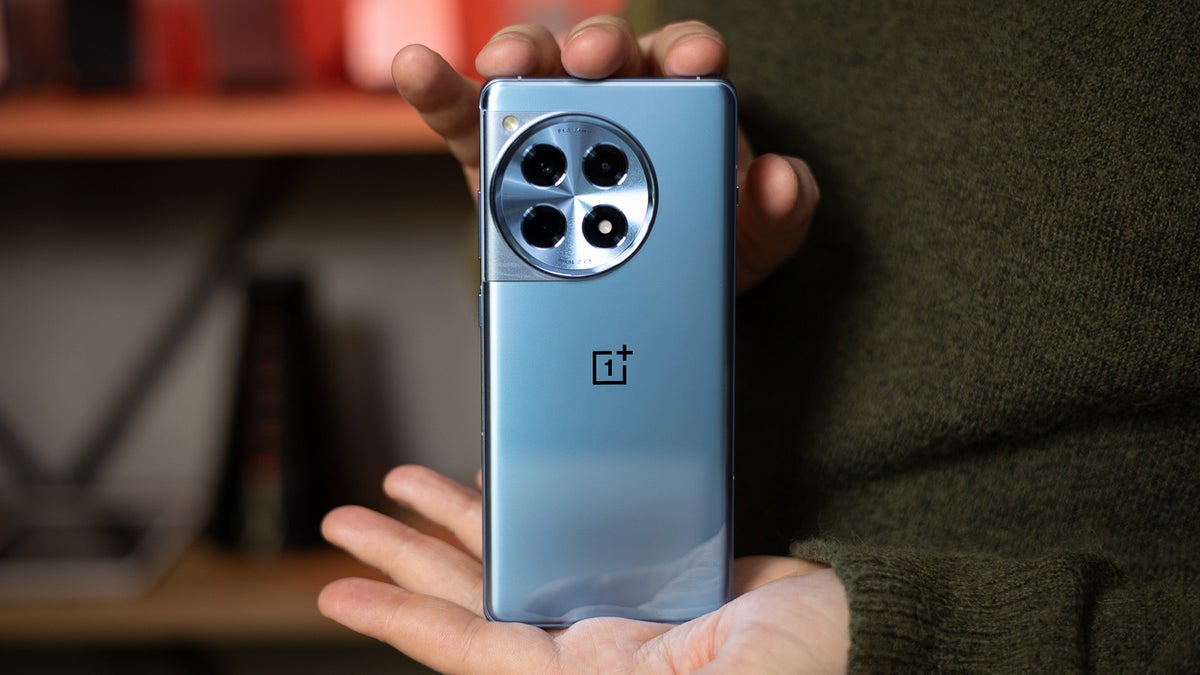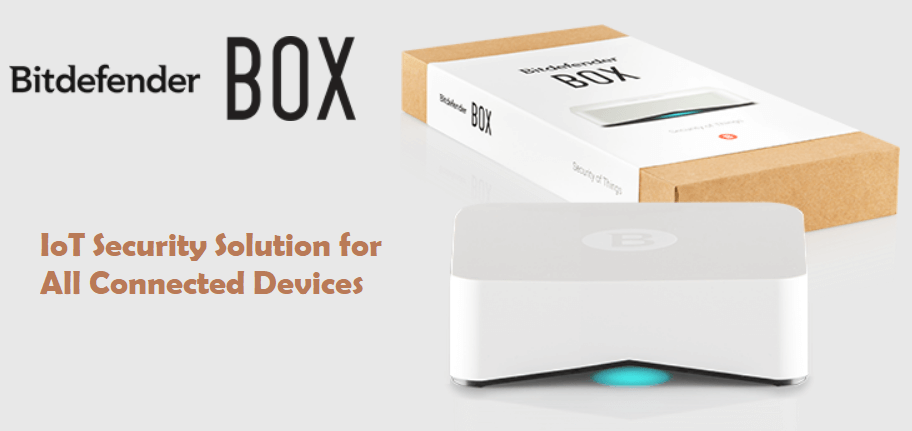Is Refrigerator Water Safe to Drink? (Shocking Truth!)Refrigerator water looks no different than tap water. It tastes almost the same also. Earlier you’re having water out of the tap and now, when the tap’s outlet is connected to the refrigerator, you’re getting that drinking from the refrigerator. Is this more healthy?
Here’s If Refrigerator Water Same as Tap Water –
No, Refrigerator water is not the same as tap water. When you connect your tap water to the refrigerator and drink water from the refrigerator water dispenser, it is providing filtered & cool refrigerator water instead of regular tap water. Refrigerator water is more healthy and pure than tap water because the contaminants & microorganisms in your tap water have been removed. Moreover, refrigerator water also removes bad odor and taste from your tap water.
But, what exactly regular tap waters have that need to be removed? And how harmful can the habit of drinking water directly be? Are there any quick alternatives & cheap to refrigerator water? Let’s discuss all these important aspects in this article.

How Refrigerator Water Differs From Tap Water?
To understand how Refrigerator water is different from Tap water let us delve into and understand what they are, their source, and their benefits:
Refrigerator Water
Refrigerator water filters typically come from the fridge water dispenser. They employ carbon, which means they mostly remove impurities. Regular water undergoes purification treatment to eliminate contaminants.
Physical barriers, such as carbon filters or reverse osmosis filters, are used to trap impurities. A chemical method can also be used to filter water. Both approaches lower the dissolved solids levels in the water.
Coming to the question of what is the benefit of Refrigerator water- It’s the safest form of water to drink, with no impurities, no hard water, and no added toxicants.
Tap water
Tap water is the water from your kitchen sink, water fountain- pure and simple. Regional differences in taste and quality can be significant.
Though please note there is no need to be concerned about your safety. The FDA (Food and Drug Administration) regulates tap water to ensure that toxins above a specified threshold are removed.
But there could be trace amounts of arsenic, zinc, lead, mercury, copper, and other metals which, even within the threshold, can build up to dangerous levels if you’ve been drinking tap water all your life. And, as a person have different resistance than others, it’s possible that for some, the effects will be more severe than others.
Summing up, definitely refrigerator water is better than tap water. It removes impurities much better than tap water and adds the required minerals that are important for our body. Keeping in mind that essential minerals are not removed and the filter is replaced frequently refrigerator water is healthier than tap water.
What Pollutants/Contaminations Do Refrigerator Water Removes?
We have understood how effective refrigerator water can be from tap water, for your better understanding let us understand what it removes-
Important minerals including magnesium, fluoride, calcium, and zinc are kept by refrigerator filters. They keep you safe from contaminants and guarantee that you get enough nutrients. Limescale is also prevented by using a water filter.
Chlorine, volatile organic compounds, radon, benzene, and a variety of other man-made pollutants, as well as undesirable tastes and aromas, are all removed by refrigerator water which has activated charcoal.
Built-in refrigerator filters perform a good job of removing these hazards within the confines of their tiny size, though less effectively than bigger systems. But these built-in ones are not effective against all substances.
These heavy filters are more effective.
Can Refrigerator Water Remove Bacteria?
We understand that bacteria in water can be a major issue. Because so many people rely on water for cooking, washing, and drinking, it must be adequately filtered.
When bacteria and other impurities are removed from a water source, it is referred to as water filtering. Tap water can be harmful to human health, so refrigerators and water filters are necessary for residential use.
Coming to the question does your refrigerator water removes bacteria?
Yes, refrigerator water does eliminate potentially hazardous bacteria from your source. Not only bacteria it also removes microorganisms, viruses, and germs. However, not all water filters in refrigerators can remove bacteria and microorganisms. So, you need to choose specialized water filters which can remove them.
However, this also depends on the source of your water, so to be 100 percent sure you can get your water tested. This will give you a better idea of how effective your refrigerator is or if it needs to be changed.
Alternative to Refrigerator Water
To give you a better insight into how effective refrigerator water is against water filters, bottled water, mineral water, and tap water, here is a comparison table to help you understand and make healthy choices for you and your family-
Mineral water
Mineral springs are used to make mineral water. It contains minerals such as calcium, magnesium, and sodium, as the name implies. The primary advantage of mineral water is its flavor. Many users choose these items because of the range of flavors available as well as the portability.
Mineral water, despite its descriptive name, only provides a little number of minerals to the body. The exception is sodium. Mineral water should be consumed with caution by people who have high blood pressure, are pregnant, or have other health concerns.
Bottled Water
Depending on the source, bottled water comes in a variety of types. Mineral water is derived from underground sources and contains minerals as well as trace elements such as copper, zinc, and arsenic.
A spring that flows naturally through the surface is used to gather spring water.
Municipal water is obtained from a public source and is normally treated before bottling. While having bottled water on hand when you’re on the road is convenient (many reusable bottles leak).
A variety of toxins were identified in every tested brand of bottled water, according to a 2008 analysis by the Environmental Working Group (EWG). Although tap water is normally tested once a year, bottled water is exempt from the same testing requirements and is not required to reveal the findings of any contaminant testing.

Tap Water
The United States has one of the safest drinking water supplies in the world, according to the Environmental Protection Agency (EPA). Removal of dirt and other particles, filtering clay or natural organic matter are all part of the three-step process to ensure clean water.
One of the most significant advantages of tap water is its low cost. It is completely free and can be found almost anywhere. But the fact that pesticides washed into streams and rivers can potentially be picked up by tap water. Chlorine is added to tap water to help disinfect it, but it can generate a harmful residue when it reacts with fallen leaves.
Those with weakened immune systems, such as transplant recipients, HIV/AIDS patients, and those receiving chemotherapy, pregnant women, older persons, youngsters, and newborns, are especially susceptible to problems with tap water. They should either filter their tap water or buy bottled water.
Refrigerator water
Refrigerator filters are beneficial because they eliminate pollutants, the water is passed through activated carbon plus they filter the water used to generate ice in your refrigerator.
Even though refrigerator water filters may not be as effective as usual ROs, remember that even so, a local water treatment plant is obligated by law to remove a set amount of toxins contaminants but it is not always efficient. You can do a water test to check the filter level of your tap water for a better comparison.
When you run the water through a refrigerator water filter, it removes the larger particles as well as the majority of the remaining pollutants.
Conclusion
After reading all this information, it is safe to conclude that refrigerator water is always safe to drink than regular tap water. But, as the purity of refrigerator water depends mainly on the health of your refrigerator water filter, you need to be mindful of your refrigerator’s water filter’s condition.
Now check out these important articles that you should also need to get more information about refrigerator water –




